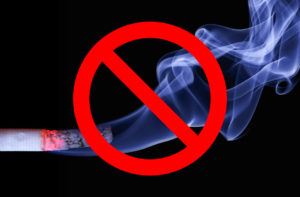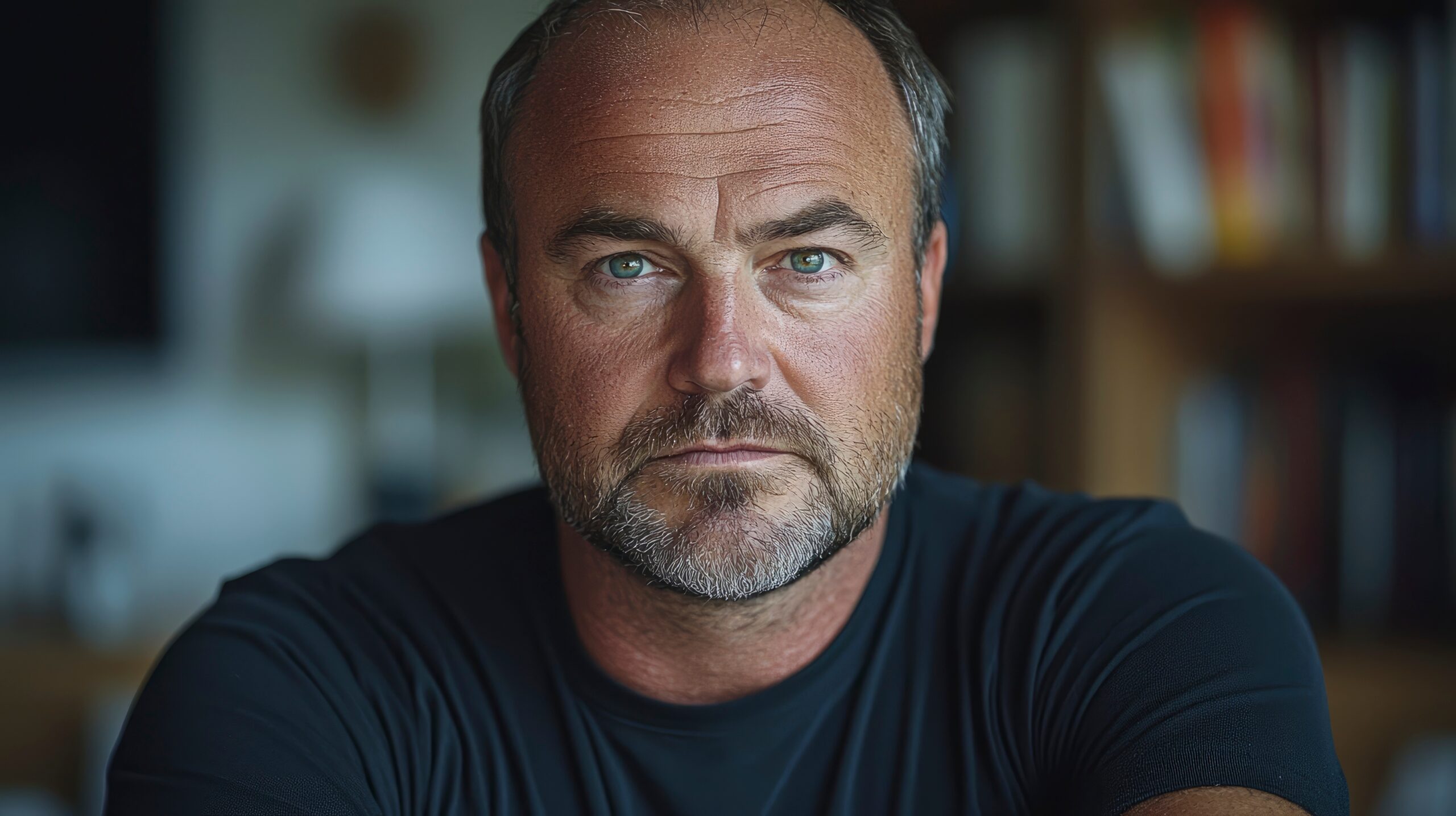
Today is World No Tobacco Day 2018 which, in partnership with the World Health Organisation, aims to highlight risks associated with tobacco use and advocating to reduce tobacco consumption.
Australia has one of the most tightly regulated tobacco industries in the world. We have all heard the warnings and seen the confronting images on cigarette packages countless times. It is easy to become desensitised to these messages, to think it won’t happen to us, or to those we love, but with tobacco killing up to half its users, over 7 million people each year, it is important to continue improving education, regulation and support those trying to quit.
Quitting smoking can have a number of immediate and long-term health benefits:
- Within 20 minutes, your heart rate and blood pressure drop.
- 12 hours, the carbon monoxide level in your blood drops to normal.
- 2-12 weeks, your circulation improves and your lung function increases.
- 1-9 months, coughing and shortness of breath decrease.
- 1 year, your risk of coronary heart disease is about half that of a smoker’s.
- 5 years, your stroke risk is reduced to that of a non-smoker 5 to 15 years after quitting.
- 10 years, your risk of lung cancer falls to about half that of a smoker and your risk of cancer of the mouth, throat, oesophagus, bladder, cervix, and pancreas decreases.
- 15 years, the risk of coronary heart disease is that of a non-smoker’s
Whether it is you, or someone close to you who is trying to give up tobacco, it is important to remember that it is often a deeply set habit, and that it is okay to ask for help. Most smokers would like to give up tobacco, and speaking to a GP can improve your chances of successfully quitting by up to 67%.
For more information on how to stop smoking, visit iCanQuit or call the Quitline on 137848.



